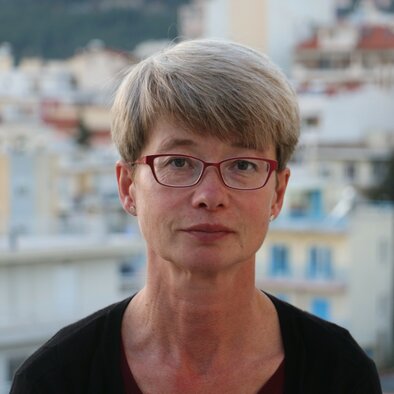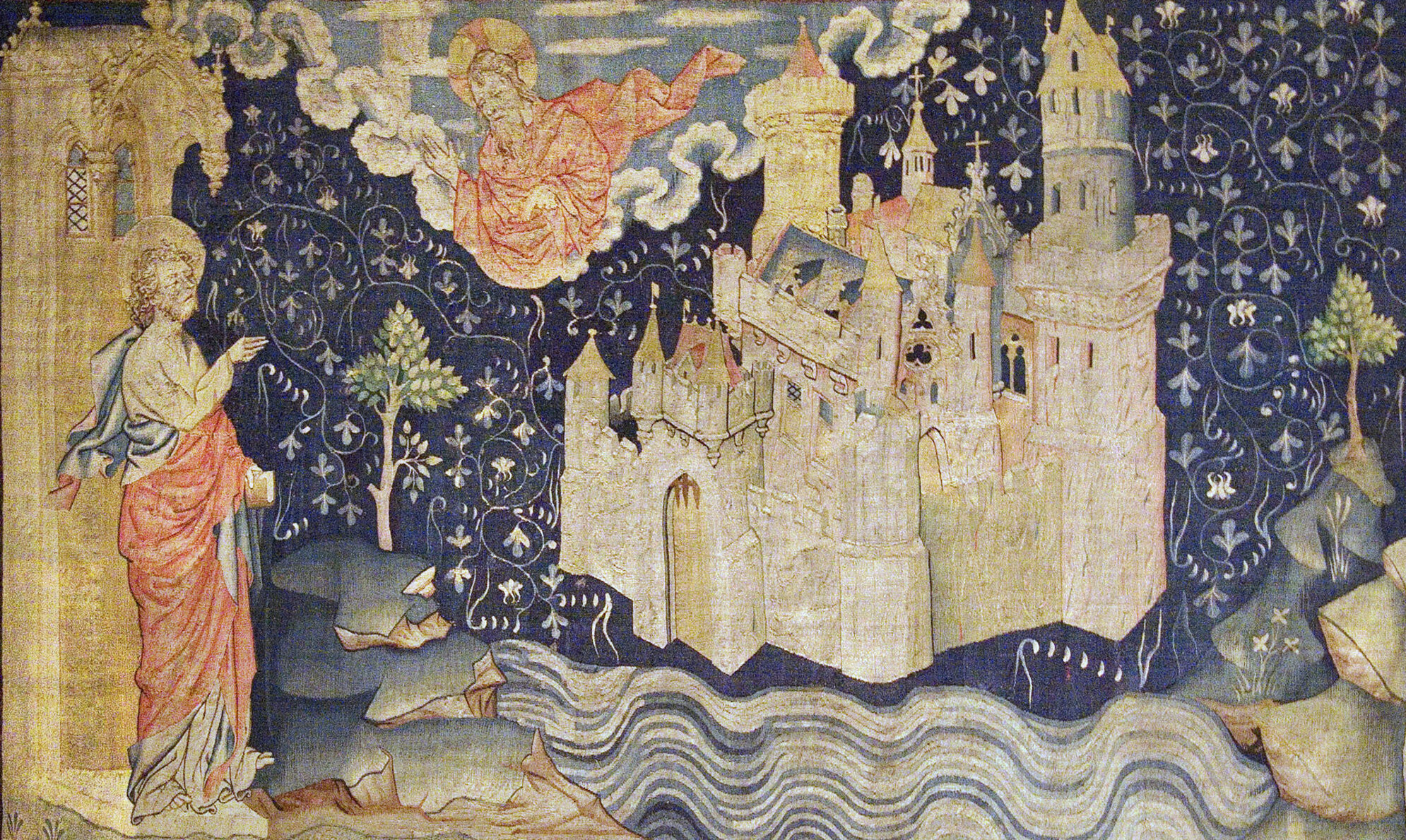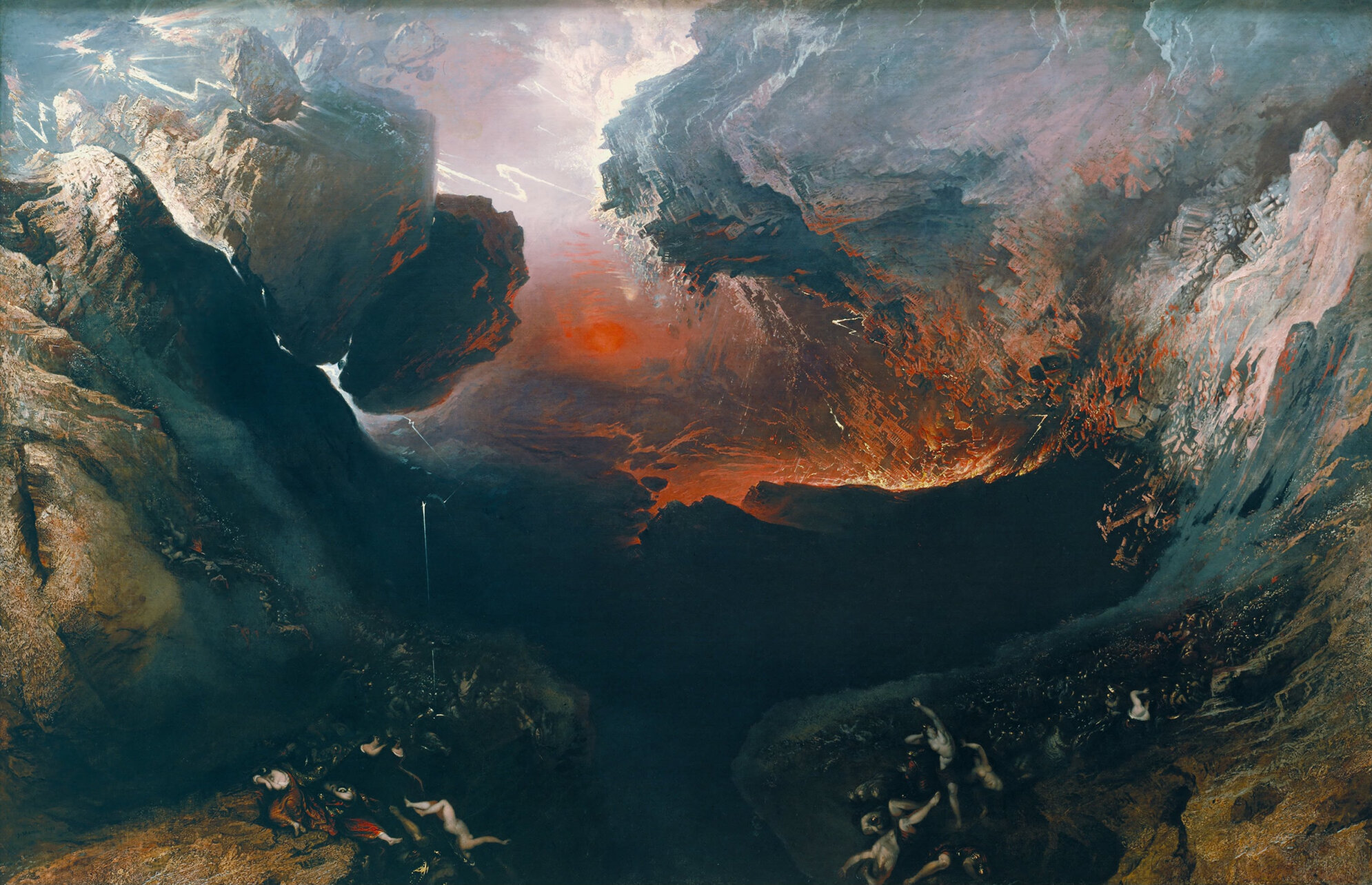At the End of the World: A Transdisciplinary Approach to the Apocalyptic Imaginary in the Past and Present
Current events

Narrating Climate Futures
A brief video with Johannes Stripple on one of Lund University's thematic collaboration initiatives: "Narrating Climate Futures." Common to the various initiatives is that they are interdisciplinary, include several of our faculties, and also external partners in Sweden and the world. Narrating Climate futures is one of our completed collaborative initiatives.The initiative ran from 2017-2019 and is now continuing in new contexts.

Interview with Lena Liepe: The Relic within the Viklau-Madonna
Lene Liepe has been interviewed as a part of the popular series ”Museernas hemligheter”, on Radio Sweden: https://sverigesradio.se/museernas-hemligheter.
On the 4th July, 14:30 the new episodes in the series will be introduced, which include the episode where Liepe discusses the relic that was discovered within the "Viklau-Madonna", located at the Historiska museet, in Stockholm Sweden.
Read moreFifth Episode of the End of Law-podcast is Out Now!
Check out the lastet epiosode from the End of Law; a podcast affiliated with At the End of the World, hosted by programresearcher Tormod Johansen and produced by coordinator Joel Kuhlin.
In this fifth episode of the End of Law podcast Julia Dahlqvist from Stockholm University and Tormod Johansen had a conversation with Cosmin Cercel, professor at Ghent University, about his newly started ERC project, Rethinking Emergency from a Legal Historical Perspective: Contexts, Law, Actors (EMERGE).
The discussion covered a wide range of issues, including the history of emergency and exception, the role of constitutions, authoritarian liberalism, situations of war, democracy, the concept of law and its limits, and not least continuities and discontinuities in the history.
"Postdoc in Modern History with a Specialization in Culture and Preparedness" (Linköping University)
"You will be part of an environment with several recently initiated research projects on themes related to cultural perspectives on preparedness, war, and security, as well as media and everyday perceptions of threats and security. The environment includes modern history research that is part of a large multidisciplinary research program on apocalyptic imaginaries, funded by Riksbankens Jubileumsfond. In addition, there is a project on warning sounds and citizen information which uses historical, media studies, and ethnographic approaches, funded by Vetenskapsrådet. We would like to see that the research you conduct is in an exciting way related to or expands on one of these themes and that you strengthen and enrich the environment and existing research with your own line of research."

New Article by Mårten Björk: "Becoming What We Know"
In a recent article "Becoming What We Know: Franz von Baader on Cognition and Revelation" with the journal Philosophy, Theology and the Sciences, Björk explores "the Bavarian physician, mining engineer, and Catholic romantic philosopher Franz von Baader's (1765-1841) enigmatic claim that we think because we are thought with the help of the moral theologian Servain Pinckaers OP (1925-2008) and the psychologist Mihaly Csikszentmihalyi (1934-2021)." The article is open access and can be found here.

New Article from Jayne Svenungsson: "From Apocalyptic Demonization to Theological Responsibility"
Read Jayne Svenungsson's latest article, "From Apocalyptic Demonization to Theological Responsibility," in the journal Streit-Kultur, here: " The frequent allusions to age‑old images of doomsday scenarios testify to how apocalypticism, for better or worse, has never gone away from societies rooted in the biblical tradition. Although apocalyptic visions of a coming glory have sometimes served to give people hope and strength in difficult times, there is also a darker side to apocalypticism. From its ancient roots to its contemporary manifestations, the apocalyptic imaginary carries with it a dualism of good vesus evil that encourages idealization of one’s own community and demonization of the other."
Image Credits
John Martin. The Great Day of His Wrath. Painting (oil on canvas), c. 1851.
Dasha Urvachova. Kid's shoe at kindergarden in Chernobyl. Photograph, 2020.
Unknown artist. The Celestial Jerusalem, detail. Tapestry from Château d'Angers, 14th century.






